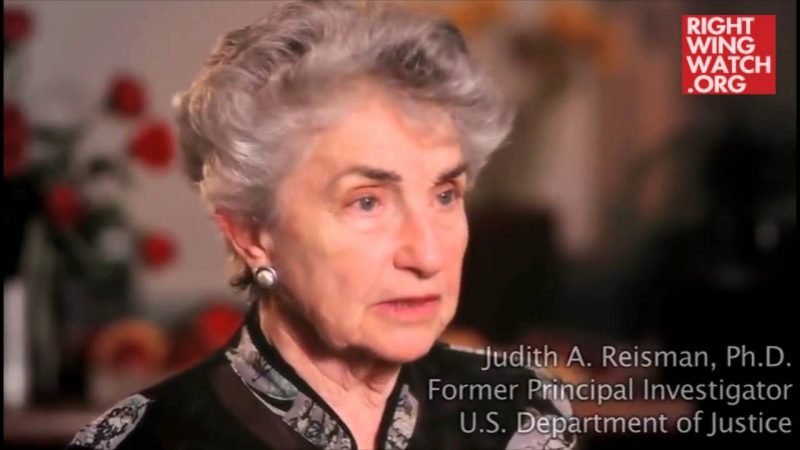Over the weekend, the Washington Post ran an article on the master’s thesis written by Robert McDonnell when he was attending Pat Robertson’s Regent University back in the last 1980s. As he is now seeking to become the governor of Virginia by protraying himself as a moderate Republican, McDonnell is wishing this document had never surfaced:
His 1989 thesis — “The Republican Party’s Vision for the Family: The Compelling Issue of The Decade” — was on the subject he wanted to explore at Regent: the link between Christianity and U.S. law. The document was written to fulfill the requirements of the two degrees he was seeking at Regent, a master of arts in public policy and a juris doctor in law.
The thesis wasn’t so much a case against government as a blueprint to change what he saw as a liberal model into one that actively promoted conservative, faith-based principles through tax policy, the public schools, welfare reform and other avenues.
“Leaders must correct the conventional folklore about the separation of church and state,” he wrote. “Historically, the religious liberty guarantees of the First Amendment were intended to prevent government encroachment upon the free church, not eliminate the impact of religion on society.”
He argued for covenant marriage, a legally distinct type of marriage intended to make it more difficult to obtain a divorce. He advocated character education programs in public schools to teach “traditional Judeo-Christian values” and other principles that he thought many youths were not learning in their homes. He called for less government encroachment on parental authority, for example, redefining child abuse to “exclude parental spanking.” He lamented the “purging of religious influence” from public schools. And he criticized federal tax credits for child care expenditures because they encouraged women to enter the workforce.
“Further expenditures would be used to subsidize a dynamic new trend of working women and feminists that is ultimately detrimental to the family by entrenching status-quo of nonparental primary nurture of children,” he wrote.
He went on to say feminism is among the “real enemies of the traditional family.”
Not surprisingly, McDonnell is now backing away from many of those statements, claiming that his views have changed:
Mr. McDonnell on Monday said he regretted any offensive language.
“Any of the language in there that in any way denigrates the basic dignity or worth of any human being, I very much regret that. It does not at all reflect my views today. I fully believe in equal justice under the law, I believe in civility, and I believe in promoting people based or merit,” he said.
“My views on some of these things have changed. There were any number of things in the thesis that the language would be much, much different today. I’ve been honest with you today that several of those specific points I’ve repudiated, I feel differently about.”
Of course, that effort is now carrying its own risks:
Victoria Cobb is president of The Family Foundation, which once gave McDonnell its “Legislator of the Year” award. Cobb urges McDonnell to be very cautious not to downplay his strong conservative record.
“If he is seen as someone who is flip-flopping on issues or backing away, no matter what the issues are, that is always viewed by the electorate as a negative,” she contends. “People want a consistent leader on issues, and they want someone who they knew ten years ago agreed with something and still supports that position. And so, he needs to tread very carefully as he looks at his views.”
Cobb says although she understands McDonnell’s desire to reach out across the aisle and to other voting blocs, there is no need to distance himself from previous positions.








